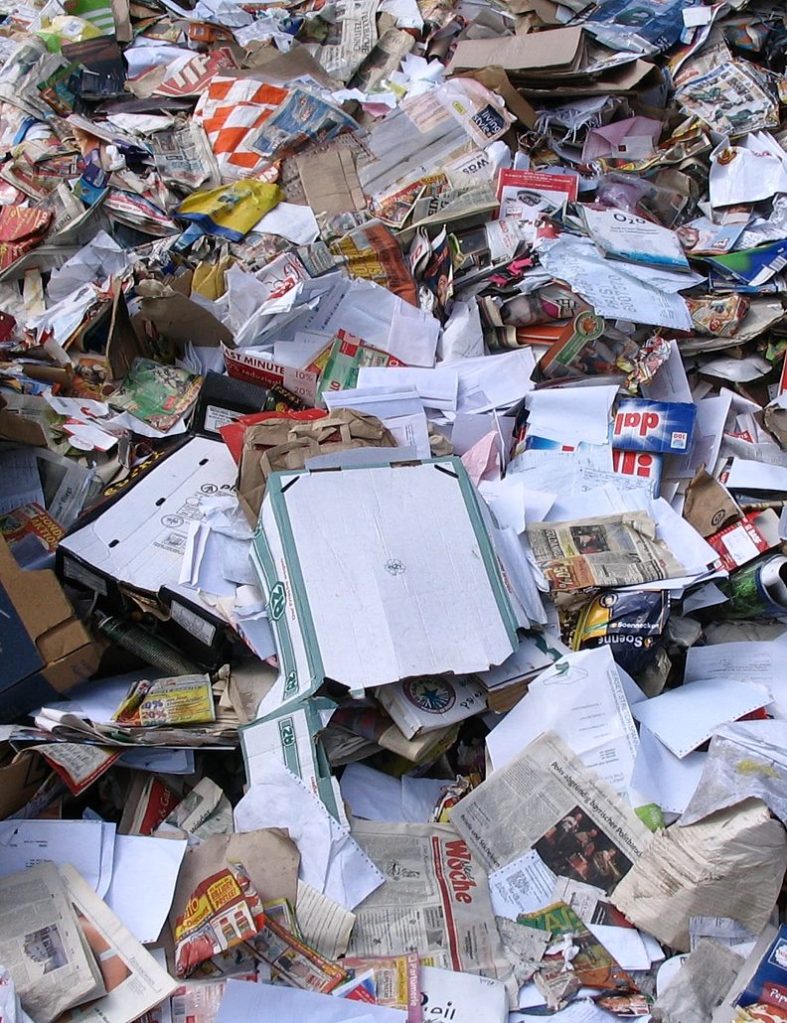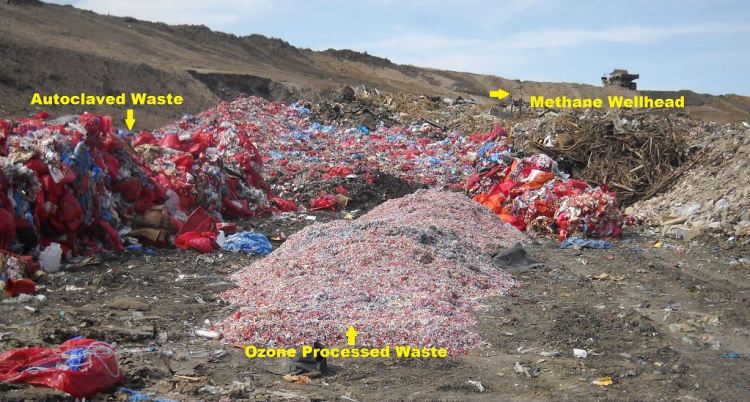
What types of waste can treated?
The Phoenix can process 4 to 8 tons of mixed municipal waste and mixed debris in 24 hours without the need for any sorting. Waste treatment time is impacted by the calorific content of the material being treated, and the ratio of moisture.

Plastic
This includes styrofoam, plastic film, plastic bags, PET bottles, vinyl and other petroleum based products.

Food waste, agriculture & garden waste
Food waste with less than 30% moisture content (in the load) can be easily disposed of. Agriculture and garden waste can potentially also be turned in bio-char

Waste paper & textiles
Cardboard, soiled paper and old clothing which cannot be recycled can be responsibly disposed of.

E-waste
The plastic components of electronic waste will be turned into ash, while the metal components will remain behind. The metal components – including precious metals from the circuit boards – can be retrieved for recycling.
PPE and Medical Waste
Waste that carries pathogens with risk of transmitting CoronaVirus include:


- General household waste from quarantined patients or suspected patients.
- Gowns, masks and PPE from hospitals, testing sites and quarantine centers.
- Wastes of plastic, rubber, cotton, fibre and other materials contaminated by the patient’s blood, body fluids, and infectious excreta.
- Masks, rubber gloves and other PPE used by the general public are an explosion in waste management. These used materials may be infected with the virus. However they are being handled as normal waste.
Handling, storing and transporting this waste puts community and workers at risk. Typically medical waste is treated with an autoclave which is a sterilization machine that uses steam heated a minimum temperature of 250 F for 30 minutes before it is landfilled. The Phoenix reaches temperatures of 500 to 1000 degrees Farenheit during its treatment process, killing any pathogens that may exist in the waste. This allows treatment of infected waste at source, reducing handling via current centralized collection methods.
What types of waste cannot be treated?
- Metal
- Glass
- Cement
These items cannot be processed by The Phoenix. If these items are loaded in to the machine along with other materials, they will remain behind and can be removed along with the ash.
Beneficial reuse of ash
Waste that is processed in the Phoenix is converted to ash at 2-4% of the original weight. This ash can be used as soil amendment or in construction. There are studies which show the benefits of adding ash to cement in a ratio from 5 to 20%. The resultant concrete is lighter, has more compressive strength, and reduced water absorption.
NOTE: Phoenix Waste has not conducted experiments on our ash by-product, thus the information provided represents open source research.
Compliments recycling programs
Approximately 25% of waste sent to recycling facilities can not be recycled due to contamination. The Phoenix can reduced the contaminated waste to 2 -4 % of its original volume.
Energy creation
In phase two of its product development, Phoenix Waste Solutions will test an add on feature to create electricity from the heat and steam generated from the Phoenix Waste Treatment process.

Who can use The Phoenix?
- Subdivisions, condominiums & housing facilities
- Hospitals & medical facilities
- Airports & marine terminals
- Universities & schools
- Factories & office buildings
- Recycling centers
- Stadiums & concert halls
- Hotels, resorts & restaurants
- Retailers, malls & grocery stores
- Remote islands or off grid properties